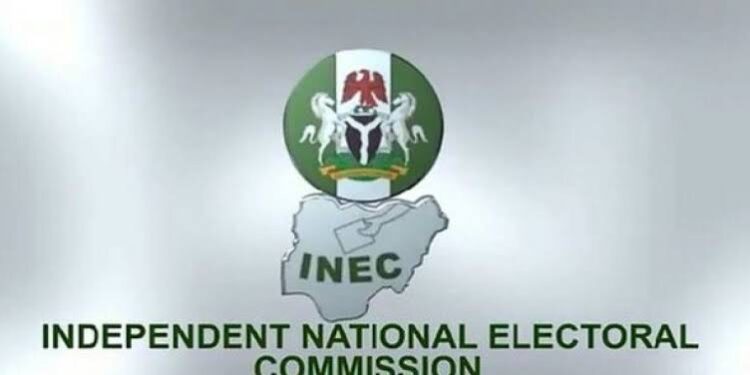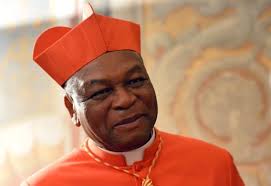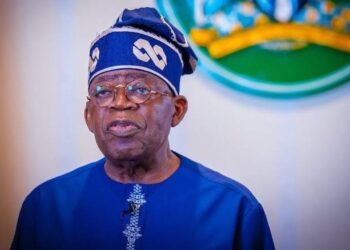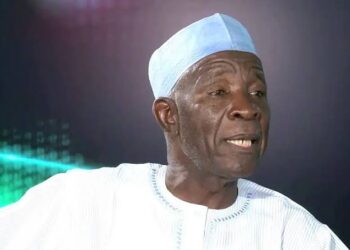In preparation for the upcoming governorship election in Edo State on September 21, the Independent National Electoral Commission (INEC) organized a comprehensive one-day forum for media reporters and producers in Benin City, the state’s capital. This event was designed to facilitate open dialogue and provide critical information regarding the election, ensuring transparency and credibility in the electoral process.
The forum began with a welcome address from Dr. Anugbum Onuaha, the Resident Electoral Commissioner for Edo State. Although Dr. Onuaha was unable to attend in person, his speech was delivered by Mr. Emmanuel Ogbodu, the Administrative Secretary.
Dr. Onuaha emphasized the crucial role of media collaboration in this election. He noted that the forum was a vital opportunity for INEC to engage with the media, aiming to provide the necessary information that the public needs to understand the election process thoroughly.
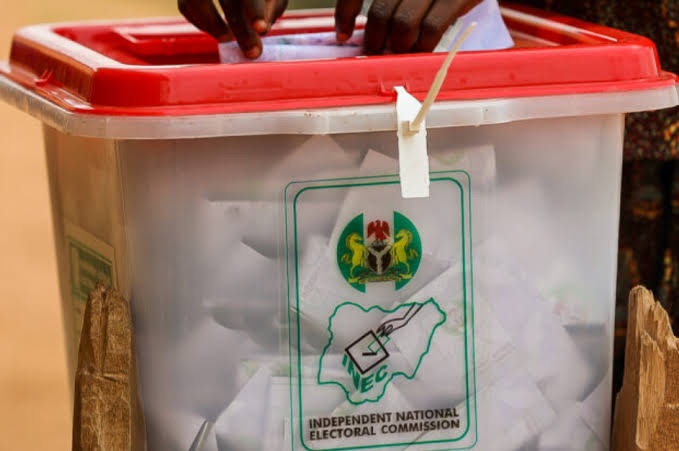
Sam Olumekun, INEC’s National Commissioner and Chairman of Information and Voter Education delivered the keynote address, represented by Dr. Onuaha. Olumekun highlighted the essential role of the media in maintaining the integrity of the electoral process. He referred to the media as the “fourth estate of the realm,” which not only conveys information but also plays a significant role in the democratic process, especially during elections.
His remarks underscored the media’s power in shaping public opinion and ensuring that electoral processes are transparent and trustworthy.
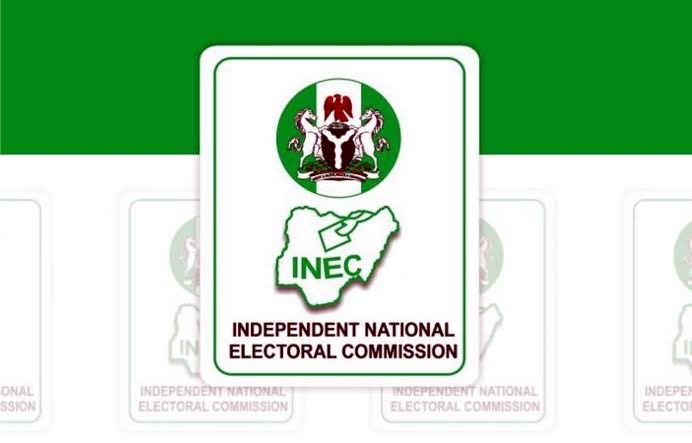
One key topic of the forum was the distribution of Permanent Voter Cards (PVCs) across the 18 local government areas of Edo State. Participants were informed that the collection of PVCs, which began on August 22, 2024, would continue until September 8, 2024. After August 26, the distribution will transition to local government offices.
INEC urged all eligible voters who participated in the last continuous voter registration to collect their cards during this period to ensure they can vote in the upcoming election.
INEC also showcased its technological advancements at the forum. Akan Lawrence, Head of ICT/VR, presented the Bimodal Voter Accreditation System (BVAS). This new technology is designed to enhance voter accreditation and prevent electoral fraud.
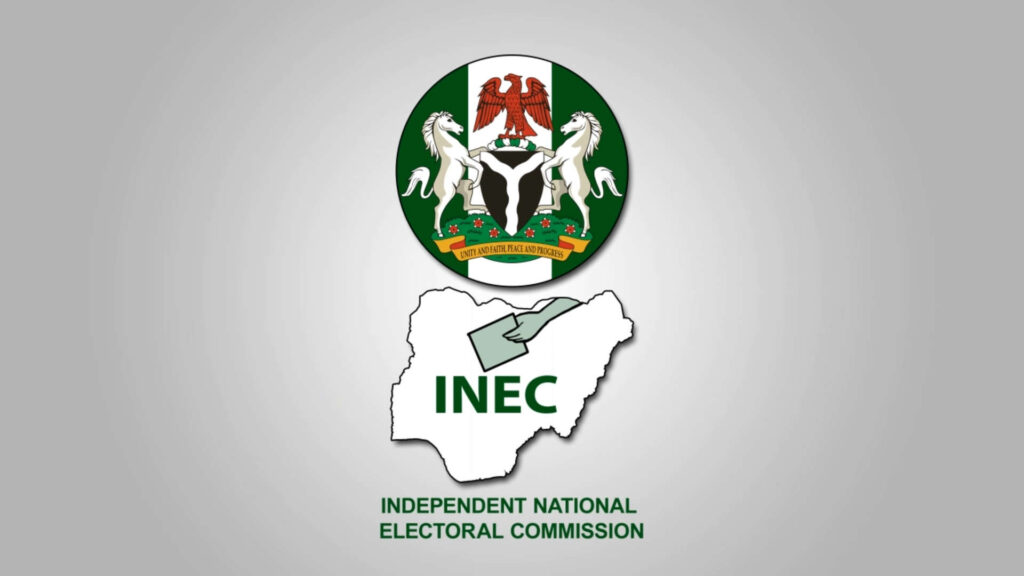
Lawrence assured journalists that BVAS is highly reliable and capable of transmitting election results even in remote areas with limited network coverage, thanks to its offline mode feature.
Mrs. Amadi Rita, Head of the Legal Department, discussed the legal framework governing the election, particularly the Electoral Act 2022. She explained how the Act contributes to a free, fair, and credible election process and encouraged media professionals to familiarize themselves with the Act to report accurately and analyze the electoral process effectively.
Frank Ogbise, Head of Electoral Operations, provided an overview of voting procedures and the level of preparedness of the electoral body. He advised that on Election Day, voters should go to their designated polling units, where lists of registered voters will be displayed to help them find their serial numbers and begin the accreditation process, which starts around 8:30 a.m.
Ogbise also noted that there will be 4,719 polling units for the 2024 governorship election, each staffed by four INEC officials, including a Polling Officer and three assistants.
In his closing remarks, the Chairman of the Nigerian Union of Journalists (NUJ) Edo State Council, Mr. Festus Alenghe, acknowledged the importance of the media’s role in the upcoming election and encouraged continued collaboration to ensure a successful electoral process.


